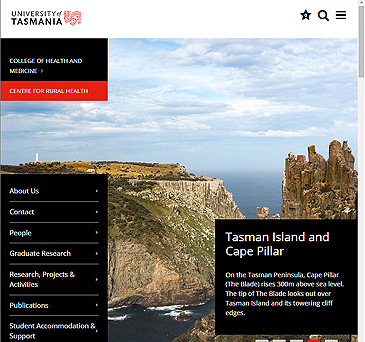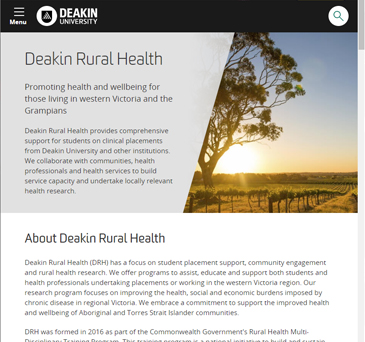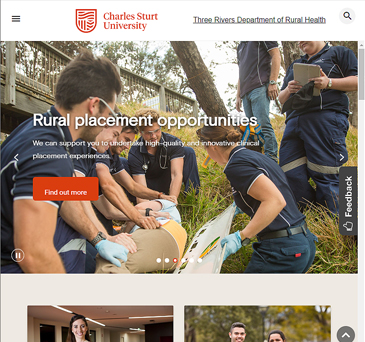Decentralised clinical trials in rural Australia: Opportunities and challenges
admin2024-07-09T08:39:47+10:00Aims To present opportunities and a model to redress the under-representation of rural communities and people in Australian clinical trials. Context Clinical trials are essential for building and understanding the health evidence base. The lack of representation of rural people in clinical trials is evident in other countries. Examining the Australian New Zealand Clinical Trial Registry (ANZCTR) suggests this is also the case in Australia. Approach We propose an approach that empowers rurally based academics and clinicians to co-design clinical trials and increase rural Australians' participation in clinical trials to address this inequality of access. A case study of a [...]



